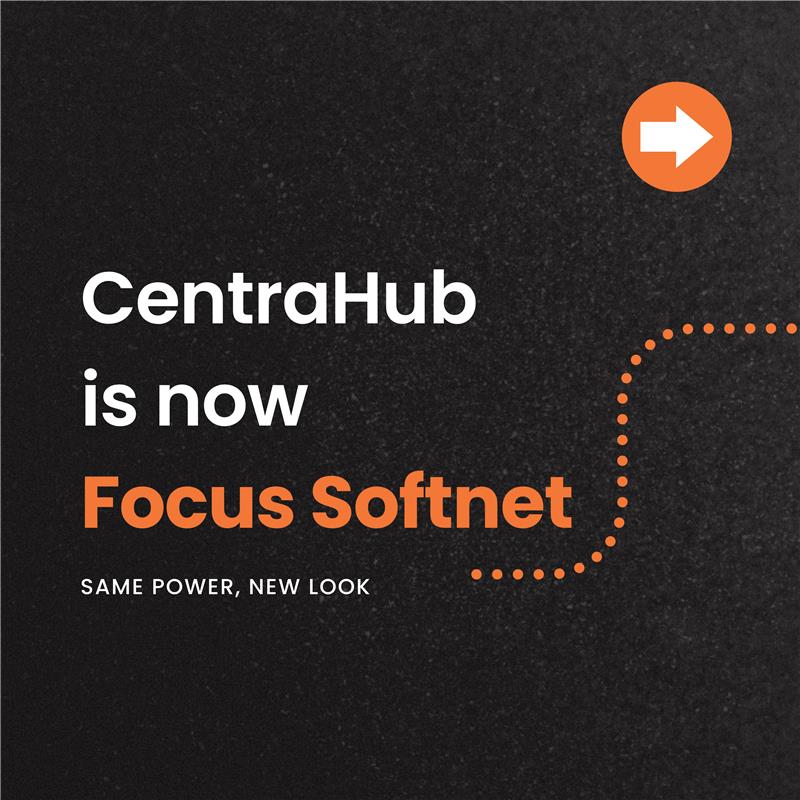

In recent years, remote work has become increasingly prevalent across industries. The COVID-19 pandemic further accelerated this shift, forcing organizations worldwide to adopt remote work policies. As a result, businesses have had to embrace new technologies and strategies to ensure seamless collaboration and productivity in virtual environments. HCM systems have emerged as essential tools in facilitating remote work and collaboration, providing organizations with the necessary infrastructure to manage virtual teams effectively.
The traditional office setup has given way to a distributed workforce, with employees working from home or in different locations. HCM systems, equipped with features such as virtual team management and collaboration tools, have become indispensable for organizations operating remotely. These systems provide a centralized platform that enables seamless communication, efficient task management, and real-time collaboration.
The rise of remote work has transformed the traditional office landscape, with an increasing number of organizations embracing the concept of a distributed workforce. The need for remote work has been driven by various factors, including advancements in technology, changing work preferences, and the COVID-19 pandemic.
HCM systems provide a centralized platform that enables seamless communication, task management, and collaboration among remote employees. They offer features leveraging which, organizations can overcome the challenges associated with remote work, foster effective collaboration, and ensure productivity and accountability. These are:
Managing virtual teams comes with its own set of challenges. HCM systems address these challenges by providing features that streamline team management and ensure effective communication. With virtual team management tools, managers can assign tasks, track progress, and monitor productivity across geographically dispersed teams. These systems also enable employees to collaborate seamlessly through shared calendars, virtual meetings, and project management tools. By providing a cohesive work environment, the software solution enhances teamwork and enable remote employees to feel connected to their colleagues and the organization as a whole.
Effective collaboration is crucial for the success of remote teams. HCM systems offer a range of collaboration tools that enable employees to work together seamlessly, regardless of their physical location. These tools include instant messaging, video conferencing, file sharing, and document collaboration platforms. Through these features, team members can communicate in real-time, share ideas, provide feedback, and collaborate on projects.
Collaboration tools break down geographical barriers and foster a sense of teamwork and camaraderie among remote employees. They enhance productivity, streamline workflows, and ensure that everyone is on the same page. By leveraging collaboration tools, organizations can harness the collective intelligence and creativity of their remote teams, leading to increased innovation and improved outcomes.
Remote work policies are essential guidelines and frameworks established by organizations to govern and support their remote workforce. These policies define the expectations, responsibilities, and procedures related to remote work arrangements. They ensure consistency, clarity, and transparency for both employees and employers
HCM systems play a vital role in implementing and enforcing these policies. These systems provide an employee self-service (ESS) portal where organizations can define and communicate remote work guidelines, track work hours, and manage leave requests. This helps organizations establish a remote work culture that is fair, consistent, and conducive to employee well-being.
With remote work comes the challenge of ensuring data security and compliance. HCM systems integrate robust security measures to protect sensitive employee and company information. These systems offer secure data storage, access controls, encryption, and authentication protocols to ensure data security in remote work. They also enable organizations to enforce data protection policies and monitor data usage to prevent security breaches. By prioritizing data security, HCM systems mitigate the risks associated with remote work and provide organizations with peace of mind.
Employee performance tracking is an essential part of evaluating productivity and making data-driven decisions. HCM systems offer performance-tracking tools that enable organizations to set goals, monitor progress, and provide feedback to remote employees. These systems facilitate regular performance reviews, ensuring that remote employees receive the same level of evaluation and recognition as their in-office counterparts. By providing insights into individual and team performance, these systems contribute to a culture of accountability and continuous improvement.
In conclusion, with features designed specifically for virtual team management and collaboration, HCM systems are helping organizations in making remote working work and thrive in the competition.